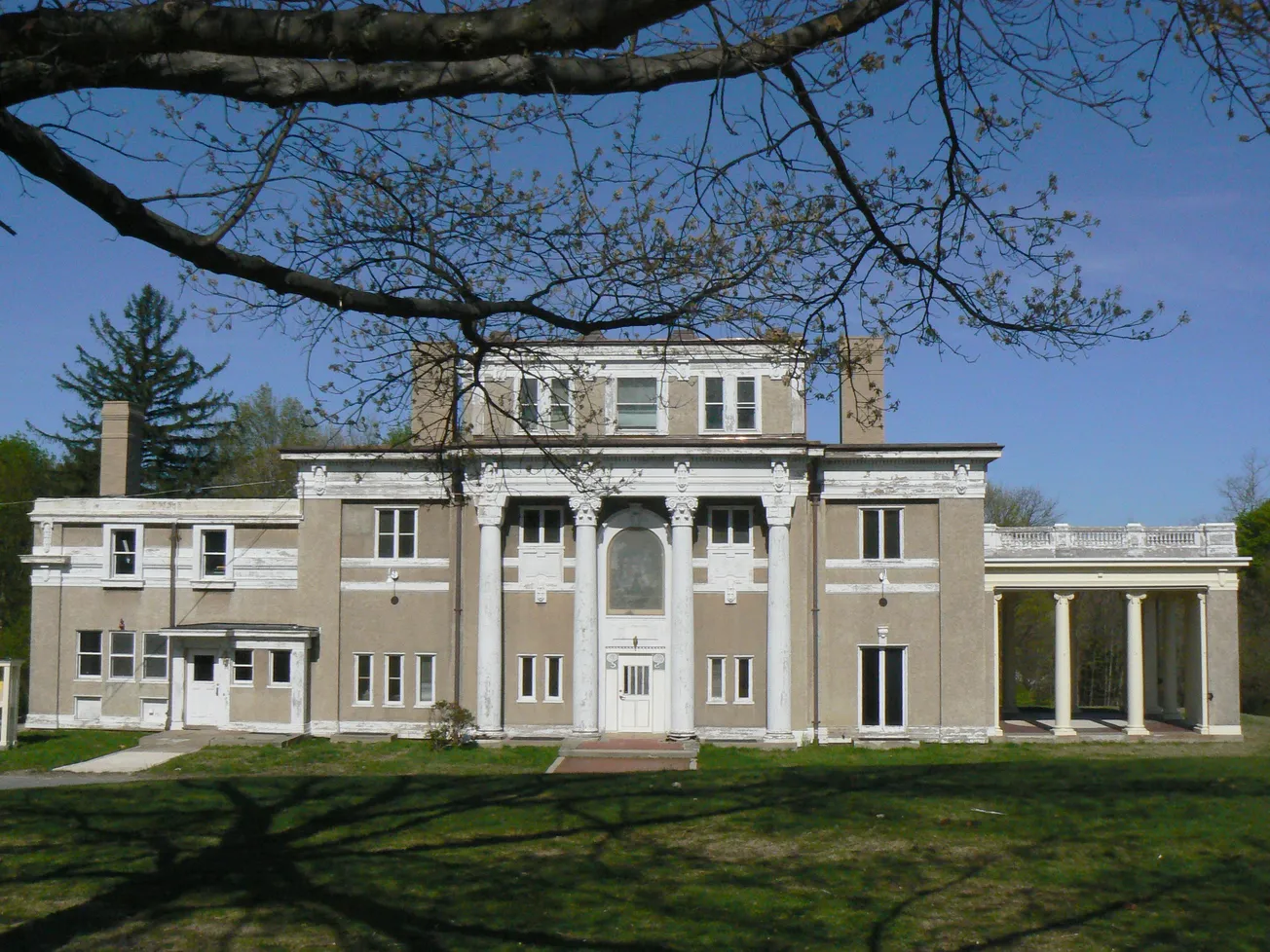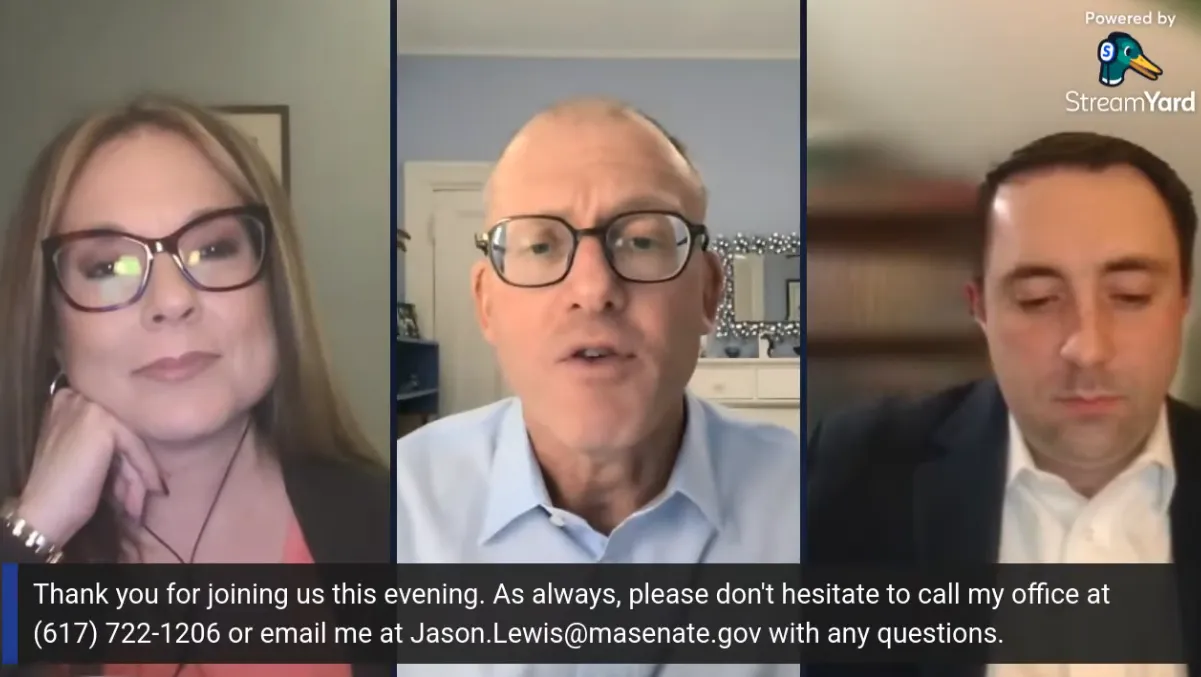Table of Contents
Winchester needs more money: The town faces a $1.89 million structural deficit and a backlog of capital projects in the multiple millions.
And the town’s adoption of the Community Preservation Act — a state law that enables Bay State communities to raise funds for open space, historic preservation, affordable housing and outdoor recreation — could potentially generate additional revenue to help address its structural deficit and fund capital projects through a surcharge tax and state-matching funds.
“The CPA provides a mechanism for us to invest in projects that may otherwise struggle to find funding,” said Town Manager Beth Rudolph, of the state match at a recent warrant hearing. “It allows us to leverage state matching funds to amplify the impact of our local dollars.”
The CPA adoption question can be found on the 2024 warrant under Article 9, which Town Meeting will weigh in on April 29. Representatives will decide whether to send the adoption question to a town-wide referendum in November.
Some expressed a desire to move the CPA vote to Fall Town Meeting, but Select Board member Michael Bettencourt said officials purposefully aligned the CPA ballot question with the November election.
“It was recommended to us by the CPA coalition that doing it during a presidential election gets a lot more engagement and a lot more people are voting,” he said.
The 2020 presidential election in Winchester witnessed an 83% turnout.
Not a panacea
If approved by a majority vote, the projected CPA revenue to be raised at a 1.5% surcharge is $1.53 million in its first year. The estimated 20% state match is $306,259, based on the most recent match.
Articles 10 and 37 also have to do with the CPA. Article 10 proposes a bylaw to establish a nine-member community preservation committee called the “Winchester Committee for Community Preservation (WCCP).” Winchester's pool of CPA money would be open to nonprofits as well as the town, and they would submit project proposals with funding amounts. Like grant reviewers, WCCP members would review, select and recommend the CPA project proposals for Town Meeting’s consideration.
While the CPA offers a new, promising revenue stream, it is not a panacea for Winchester’s financial plight. Some criticize the program's rigidness, given it only addresses a subset of town capital projects. Others believe it side steps Proposition 2 1/2. And state law mandates at least 10% of Winchester’s CPA money every year must be appropriated for open space, historic preservation and affordable housing.
Meanwhile, opting into CPA is a half-decade commitment, meaning it can’t be repealed for five years. If the state reduces its contribution or faces budget constraints, it could impact the amount of money available to participating communities.
“As taxpayers, we need to have confidence that every dollar generated by the CPA is being used effectively and efficiently,” Roger McPeek, a member of the CPC, said. “The town needs to establish clear guidelines and oversight to ensure CPA is serving the town’s best interests.”
The CPC voted in favor of Article 9 and Article 10, and McPeek said they very much want the CPA to succeed. But they also want a plan on how the future WCCP and their committee will work together to maximize the CPA’s benefits.
Article 37
Enter Article 37. To address these concerns, the CPC has proposed forming a committee to review and potentially update the guidelines established in 2002 and 2006 for the use of capital and building funds. The committee would also be tasked with developing policies and procedures to integrate the CPA with the capital planning process.
Article 37 includes two motions put forward by the CPC:
— Motion 1 aims to create a committee that will review and potentially update the guidelines for the use of capital and building funds.
— Motion 2 focuses on coordinating the integration of the CPA with the town’s capital planning process. Town Meeting approval would create a committee to review and recommend amendments to the CPA bylaw adopted under Article 10. If amendments to said bylaw are later recommended, they shall be presented to fall 2024 Town Meeting for review and consideration by vote.
Article 37, motion 2 is not an attempt to slow down the CPA process but to keep it moving forward by allowing Town Meeting to remedy potential flaws in the local CPA bylaw.
McPeek pointed out the Select Board reopened the 2024 warrant to insert Article 10 after it initially closed, which is within their rights but not a routinely used power.
“We don’t believe that there has been sufficient time to understand how this will all work together,” McPeek said. “Call us a skeptical committee, but assurances that it will all just work out are not very well taken.”
Bettencourt said the Select Board was initially advised to hold off on forming the WCCP bylaw until after adoption.
“But we heard from some stakeholders and some Town Meeting members that they wanted to see a bylaw come contemporaneously with the enabling legislation in Article 9,” Bettencourt said.
Nearly 200 communities have adopted CPA, so model bylaws exist in communities with community preservation and capital committees, officials said.
CPC, WCCP confusion
Over on the Winchester Town Meeting Members Association online forum, former Select Board member and Town Meeting member Lance Grenzeback raised several concerns about the future of capital planning.
Grenzeback highlighted the potential confusion that could arise from the overlapping mandates of the WCCP and CPC.
“Are we setting up an organizational structure that will be confusing and, despite good intentions, may trigger unproductive turf battles?” he asked.
Furthermore, Grenzeback questioned whether the WCCP and the CPC would follow the same planning procedures and use similar evaluation criteria in recommending capital improvements. He noted the significant disparity in data available to support planning, with the town possessing a detailed facilities assessment program to aid the CPC, while lacking equivalent data for areas the WCCP focuses on.
Rudolph acknowledged the potential challenges in integrating the CPA with existing processes.
“There’s obviously going to be some overlap between the CPA process and the capital planning process,” Rudolph said. “We’re looking to kind of streamline the process in terms of how we work out the precise process for evaluating whether a project is CPA-funded or capital.”
Winchester News is a non-profit organization supported by our community. If you appreciate having local Winchester news, please donate to support our work, and subscribe to our weekly newsletter.






